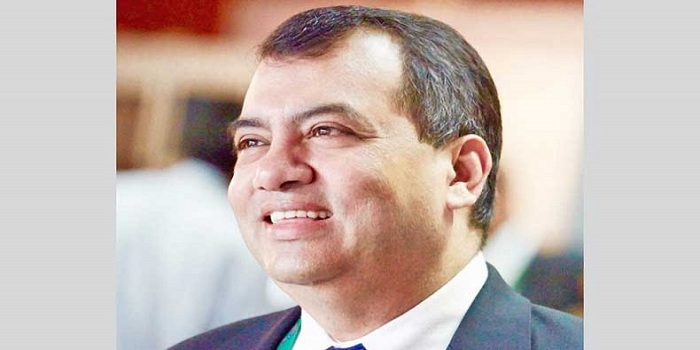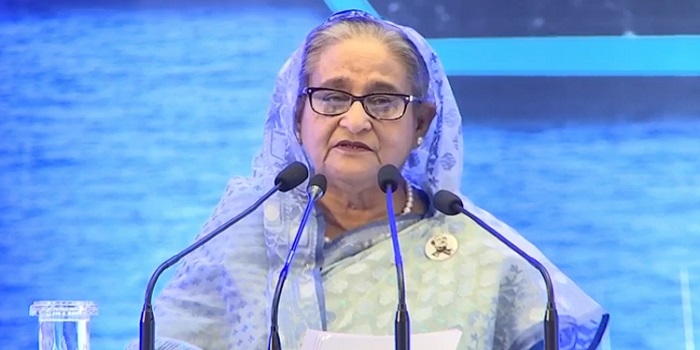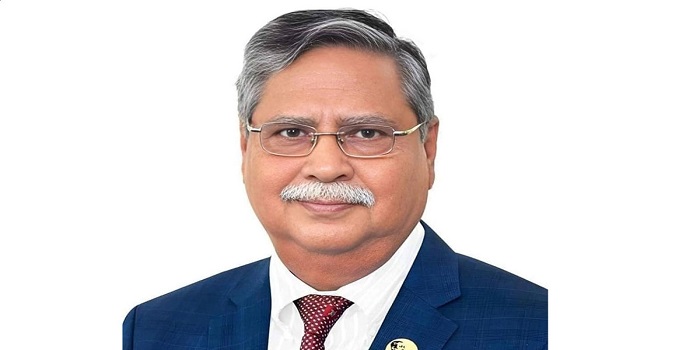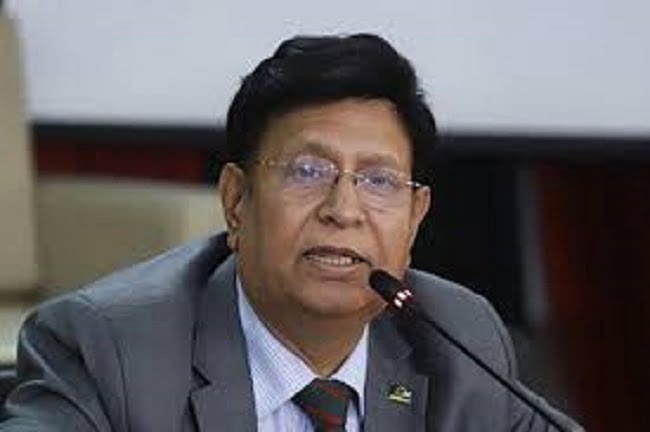TIB says ACC goes tough on opposition, soft on ruling party

The Anti-Corruption Commission is accused of going soft on the ruling politicians while harassing those in the opposition, Transparency International, Bangladesh or TIB has said in a report.
“The ACC’s powers are being used politically,” says the report, a follow-up on efforts to strengthen the anti-graft watchdog’s activities between 2016 and 2018.
“There are allegations that the ACC harasses opposition politicians but it shows leniency towards those of the ruling party and coalition,” TIB said in the report.
It also says that the government’s highest level speaks about a zero-tolerance policy towards corruption, but some of the government’s actions curbed the ACC’s powers instead.
TIB Executive Director Iftekharuzzaman also spoke at a news conference organised in Dhaka to publicise the report. Shammi Laila Islam, program manager of research and policy at TIB, and Senior Program Manager Shahzada Akram presented different points from the report.
“The ACC is more active against anti-government people, but not that much against the pro-government ones,” Iftekharuzzaman said.
“It sometimes calls the ruling MPs for questioning and that’s all. We don’t see any further action,” he said.
The opposition BNP alleges that the government is using the national anti-graft agency to muffle descent while the ruling Awami League denies the allegation claiming the ACC works independently.
“Political pressure is created on the ACC directly and indirectly,” Iftekharuzzaman said.
He claimed the government’s crackdown on corruption lacks the people’s confidence as the ruling party could not progress much in delivering on its pledge on eliminating graft.
Iftekharuzzman criticised the 2018 Civil Service Act that requires the ACC to take permission from the government before arresting any public servant.
“It is based on inequality and thus unconstitutional,” he said, expressing fears that the law may curb the ACC’s powers.
The ACC did best in raising awareness to prevent graft but worst in investigation and starting cases, according to the TIB report.
The organisation made some recommendations to improve the ACC’s performance.
These include public hearings before appointment of the ACC chief, formation of an independent committee with eligible public representatives and distinguished citizens to supervise its jobs, raising the number of investigations following complaints, sufficient allocation of funds and increasing skilled workforce.
“The ACC performed well in some areas, but the overall progress gives us nothing to be hopeful. The ACC is independent on paper only, not in reality,” Iftekharuzzaman said.
“The ACC has a long way to go,” he said.








